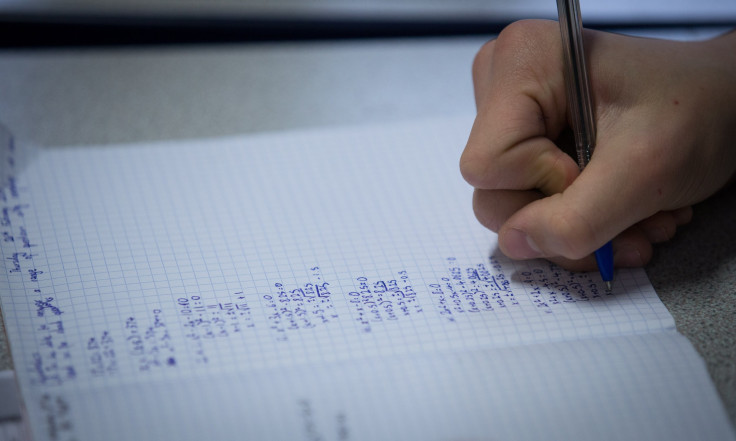US Team Takes Home Math Olympiad Trophy For First Time In 21 Years

Every year, American students endure a drumbeat of news coverage reporting that the U.S. is lagging behind the developed world in math, science and engineering. But American education just scored a victory, if symbolic, as the U.S. team took home the trophy for the International Mathematical Olympiad.
The contest, hosted in Chiang Mai, Thailand, pitted more than 100 nations against each other in computational competition. After two days of vexing problems, the six American students came out on top, besting perennial powerhouse China. The victory ends a 21-year dry spell for the American team, which hadn't tasted victory since 1994.
"Finally, to topple a country that should beat us by all expectations is a fantastic achievement for these six students,” the team's coach, Carngie Mellon professor Po-Shen Loh, told the Washington Post.
"This is huge."
The winners -- Shyam Narayanan, David Stoner, Michael Kural, Ryan Alweiss, Yang Liu and Allen Liu -- earned a shout-out from the White House for their efforts.
Go Team USA! America took first place in the International Mathematical Olympiad for the first time since 1994. pic.twitter.com/qr08o1INe0
— The White House (@WhiteHouse) July 15, 2015As with the spelling bee, the problems teens face in the Math Olympiad far exceed the material ordinarily taught at the grade level of the participants.
Problem 2 in this year's competition, for instance, asked students:
Determine all triples (a, b, c) of positive integers such that each of the numbers ab - c, bc - a, ca - b is a power of 2.
Though that kind of problem requires all sorts of mental acrobatics, Loh told NPR the competition doesn't make for a riveting spectator sport. "If you are watching them, it will look like they are thinking," he said. "Although I will assure you that inside their heads, if you could spectate, that would be quite a sport."
The victory is the fifth for the United States, which is now tied with Romania for historical wins. China has captured the title 19 times since the competition began in 1959.
© Copyright IBTimes 2025. All rights reserved.






















